These are among the Five Freedoms that define humane treatment for farm animals – standards supported by more than 90% of the public.
These freedoms represent what consumers expect from food companies, and while many leading food manufacturers have put policies in place to uphold the Five Freedoms in their supply chain, Espresso House continues to disregard these ethical benchmarks, serving food sourced from farms where animals endure unimaginable suffering.
From animals trapped in small cages for their entire lives, to animals being cut open while alive and fully conscious, Espresso House is allowing brutal torture in order to save a few pennies per meal.
These inhumane practices can contribute directly to serious health risks for consumers.
The excessive use of antibiotics in industrial poultry, pork, and cattle farming is a leading cause of the development of antibiotic-resistant bacteria like Salmonella and E. coli, which can lead to severe illness in humans.
Contaminated meat and dairy products from sick animals further elevate the risks of foodborne diseases. And seafood raised in polluted waters can carry harmful toxins such as mercury.
By failing to prohibit these practices in its supply chain, Espresso House not only fails animals; it also risks hurting public health.
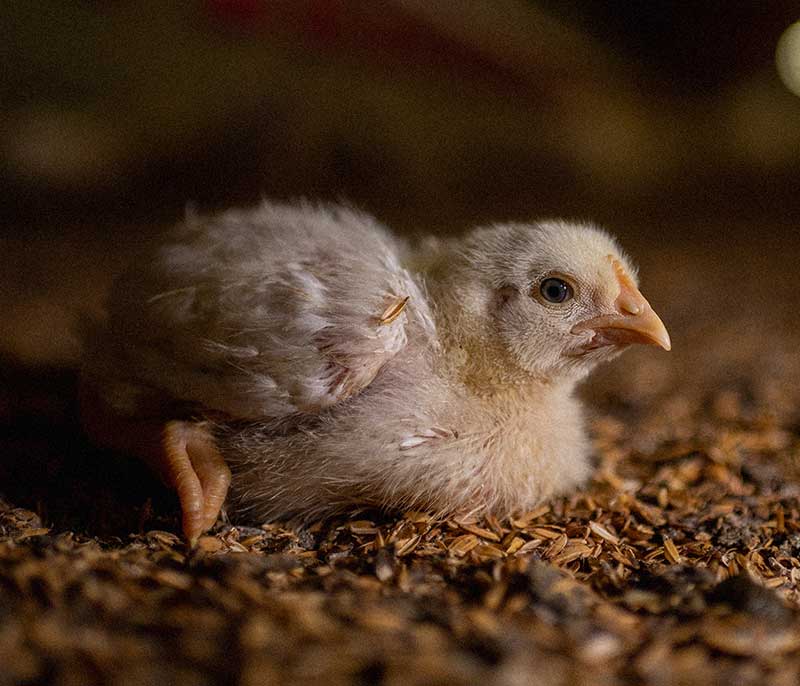
It’s time for Espresso House to put policies in place that end these cruel and unsafe practices and ensure the Five Freedoms for Animals.
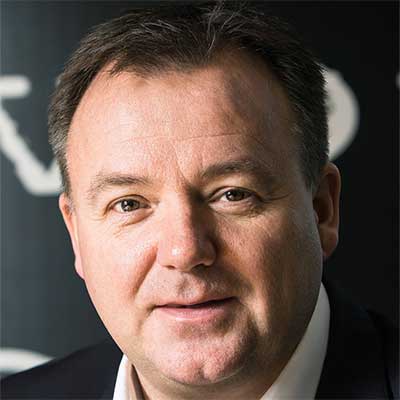


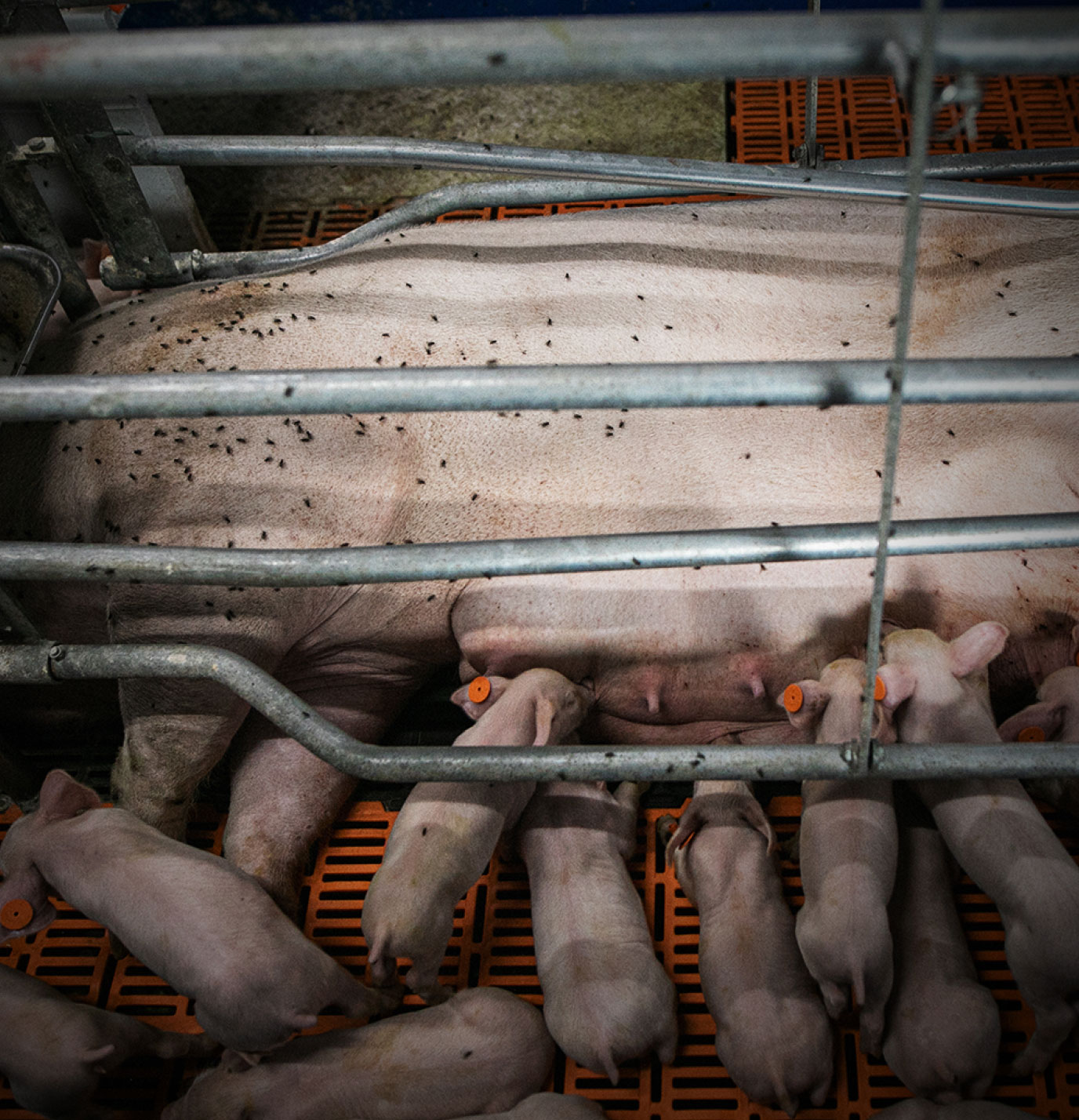
Pigs in the supply chain of Espresso House can endure unimaginable torment. Mother pigs are allowed to be confined for nearly their entire lives in tiny gestation crates, unable to turn around or even lie down comfortably.
These intelligent, social animals are reduced to living in cold metal cages, standing on hard, slatted floors covered in their own waste.
Their bodies become sore and bruised from the relentless confinement, with nothing to ease their physical agony or mental anguish.
On pig farms that supply Espresso House, tail docking and teeth clipping may also be routinely performed without anesthesia, leaving pigs writhing in pain as their bodies are mutilated.
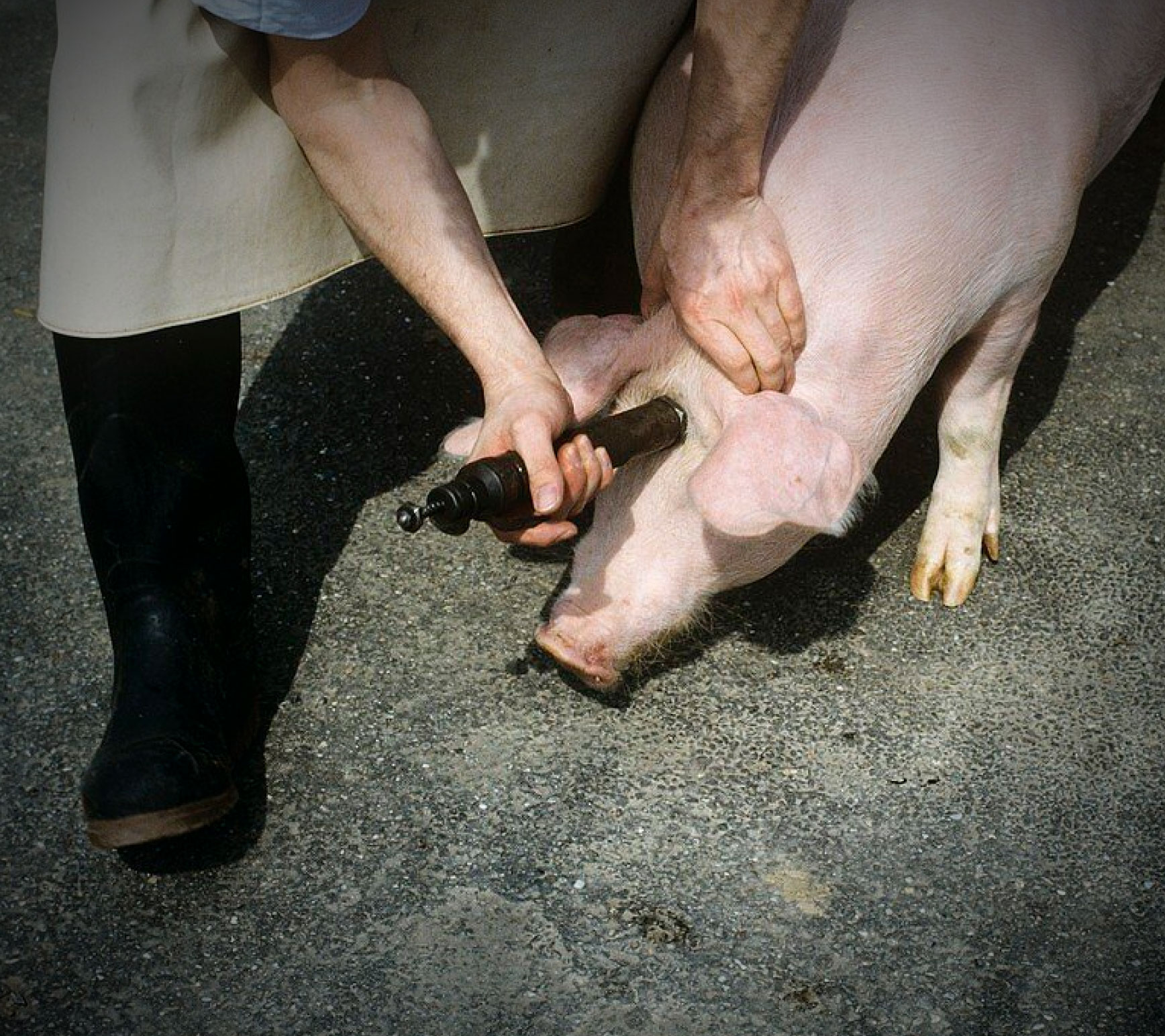
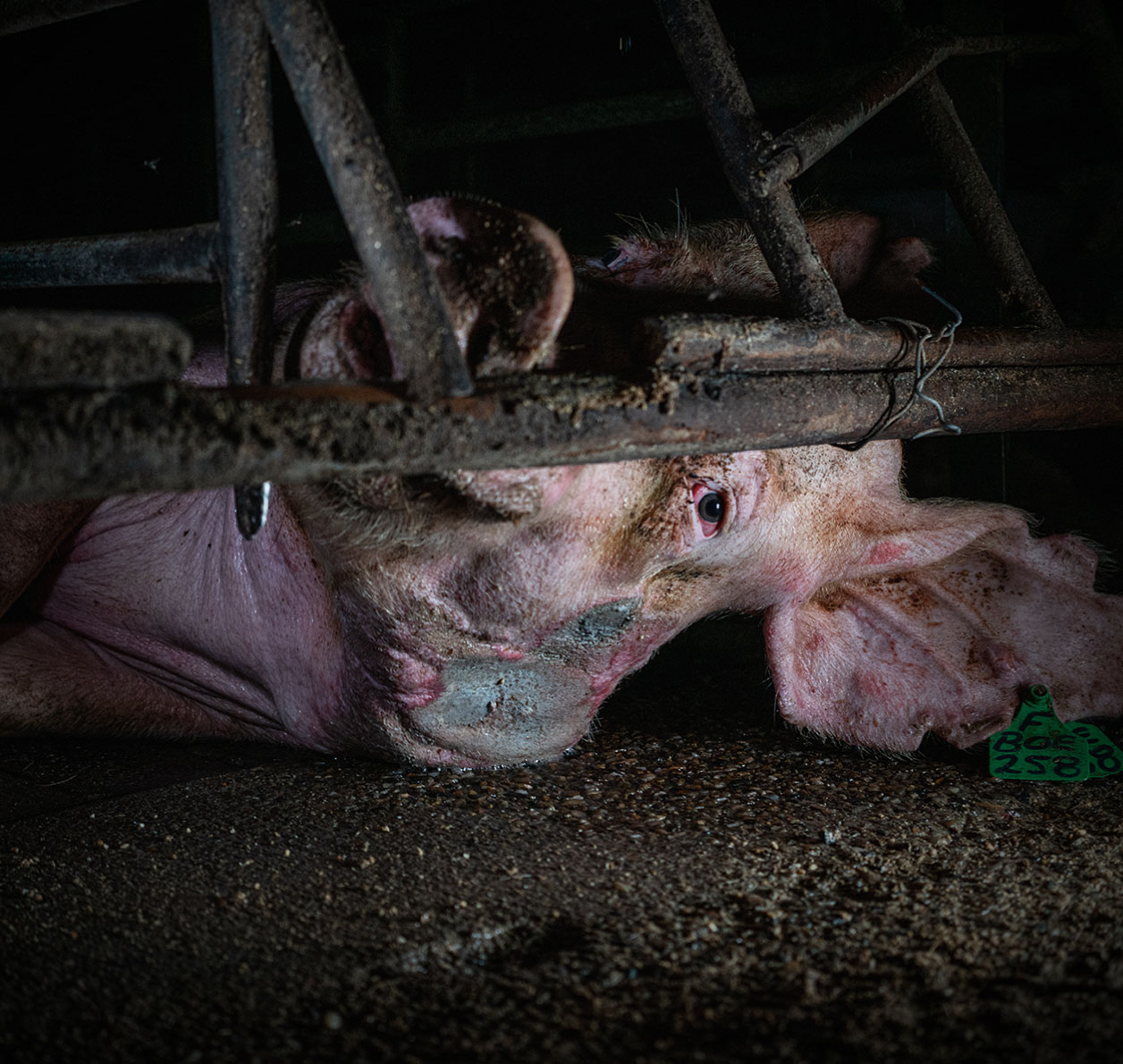
The emotional toll is just as severe. Pigs are highly social and intelligent, capable of forming bonds and experiencing emotions.
Pigs in Espresso House’s supply chain can be denied everything that makes life worth living, just so the company can save a few pennies.
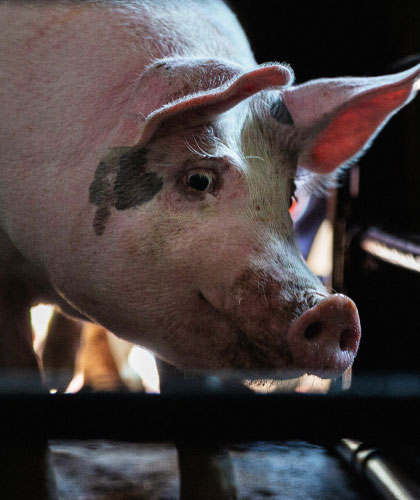
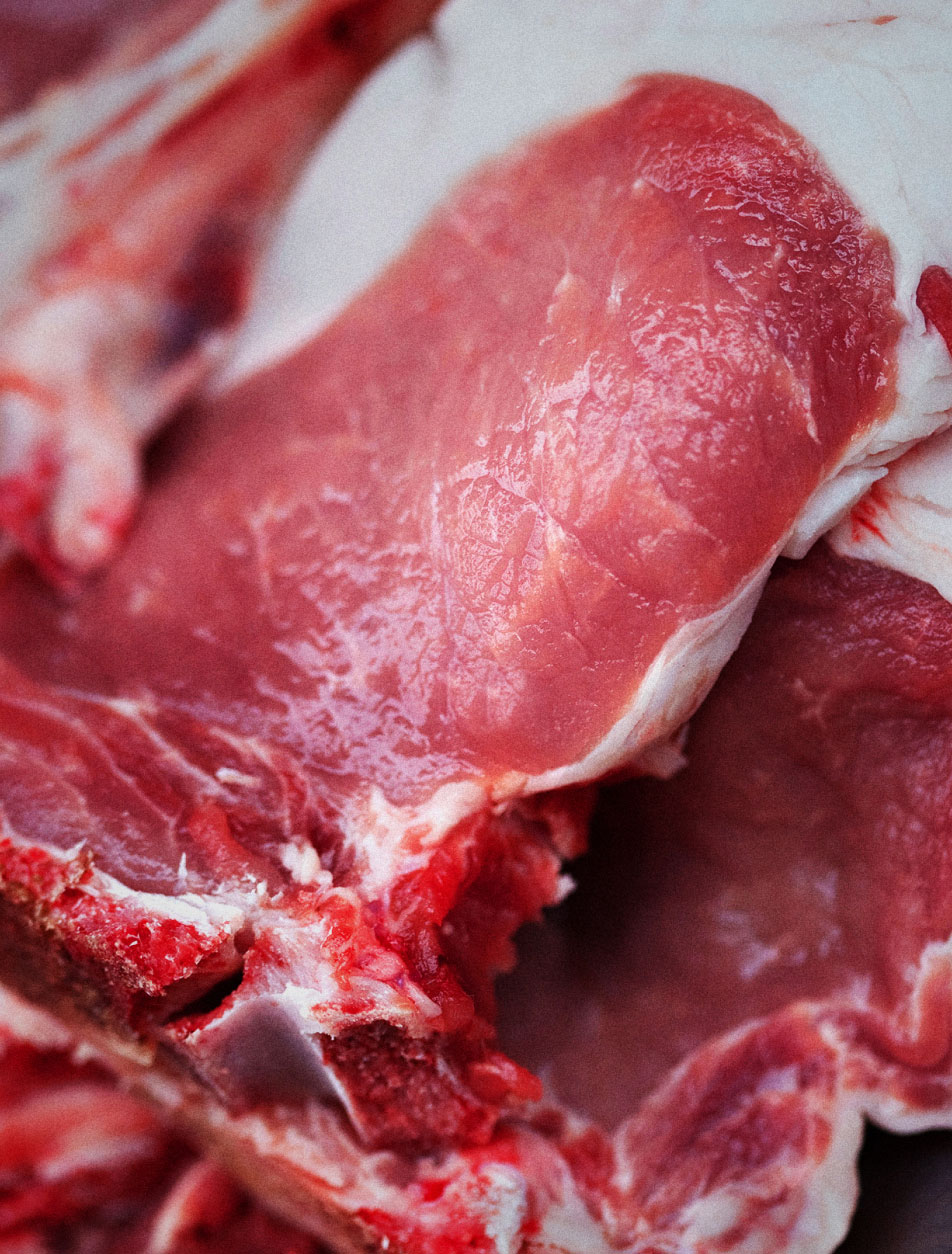
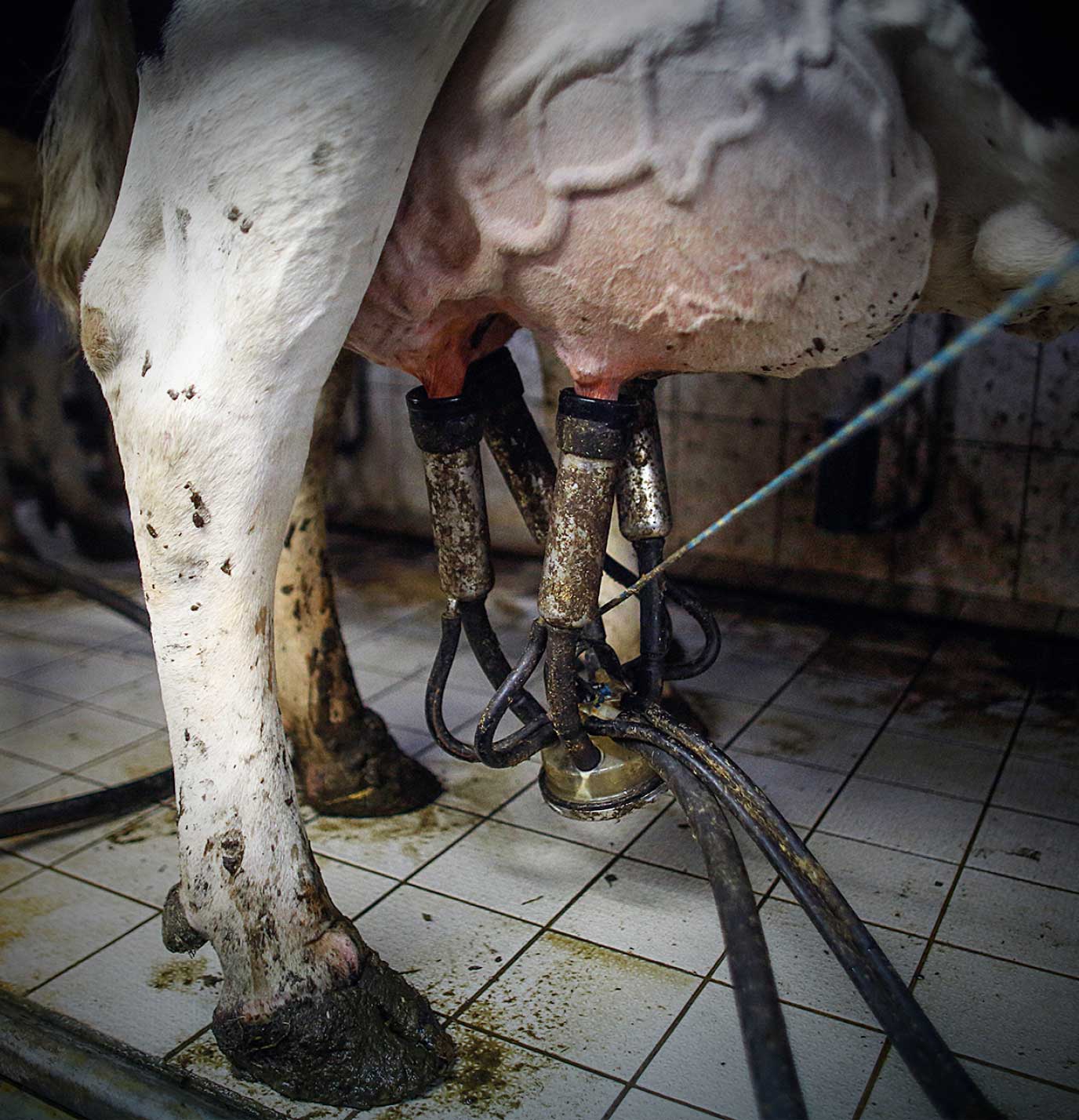
Hooked to milking machines day after day, dairy cows in Espresso House’s supply chain can be pushed to the limit with an intensity of production that can result in agonizing infections like mastitis, where their swollen udders become inflamed from overmilking.
Espresso House allows dairy cows in its supply chain to be subjected to tail docking and dehorning, brutal procedures often performed without any anesthesia.
Cows can also be tied by the neck in one spot all day, preventing them from turning, walking around, or exhibiting other natural behaviors.
Perhaps the most heartbreaking cruelty is the treatment of baby calves.
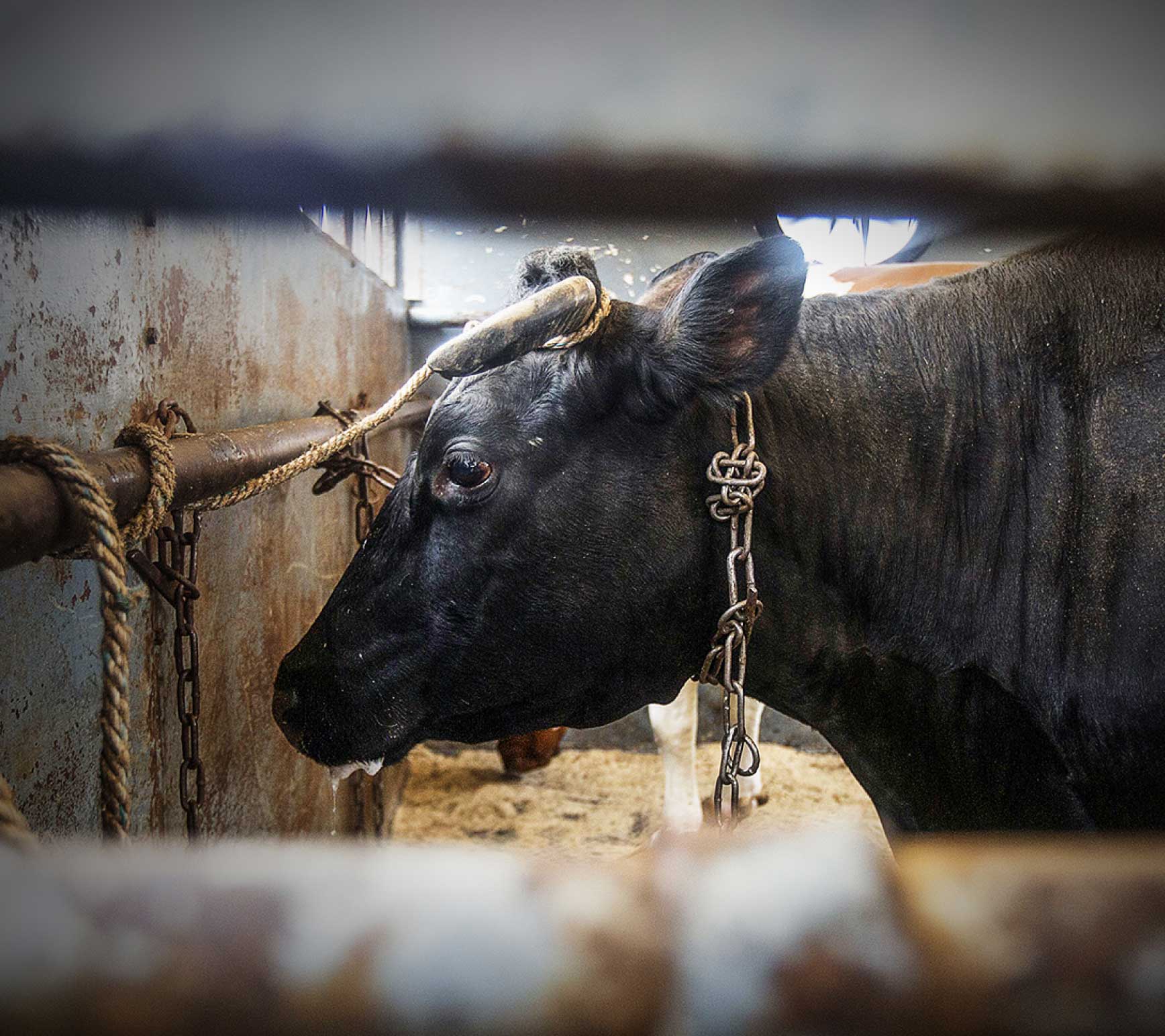
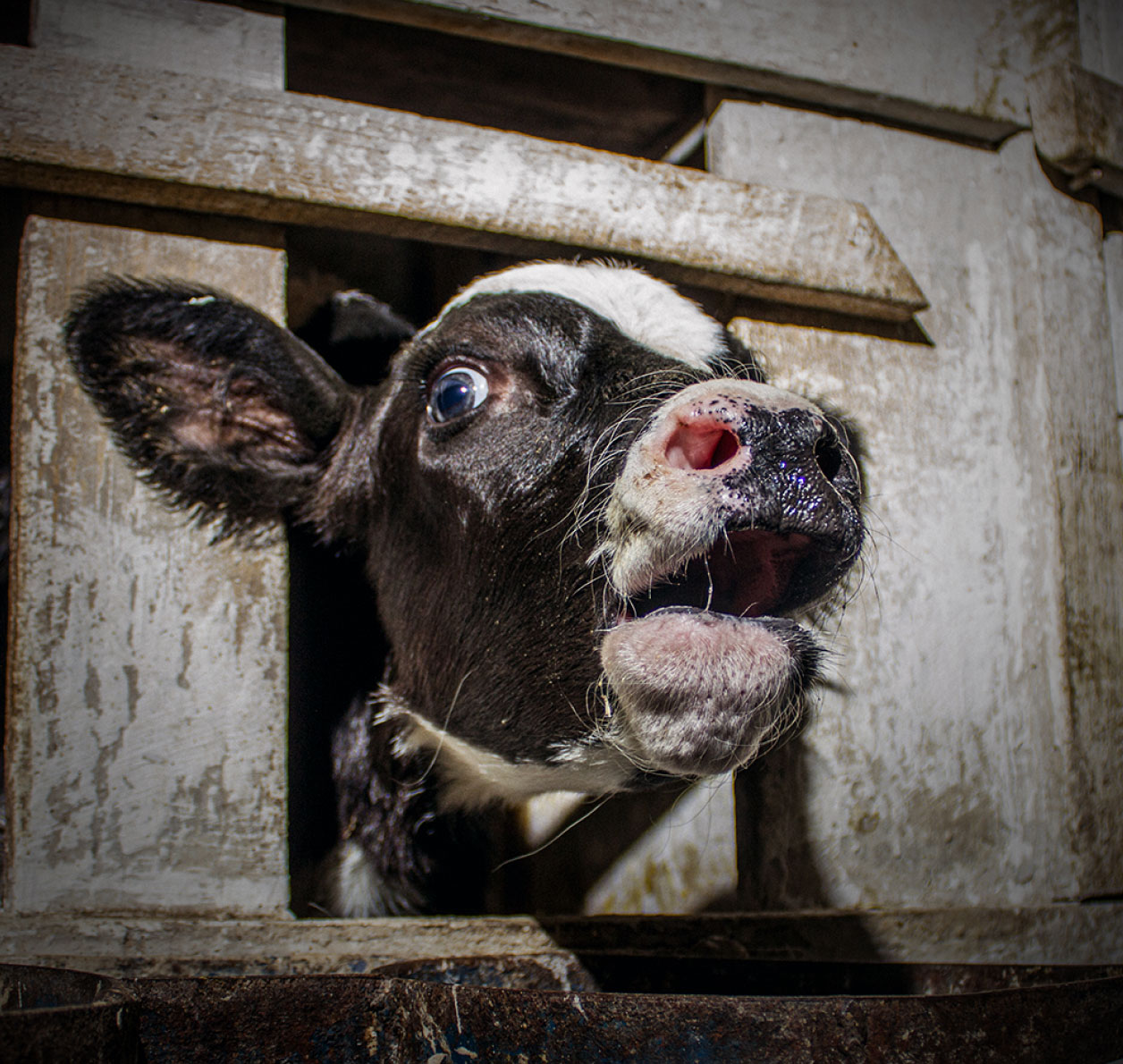
On many farms, shortly after birth male babies are torn away from their mothers and crammed into veal crates or chained by the neck in veal pens until the day they are killed.
Espresso House has no policy to prevent this despicable practice in its supply chain.
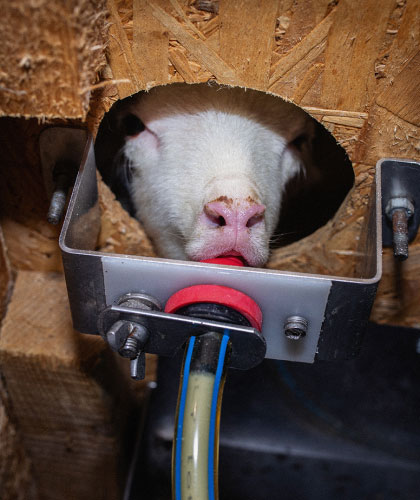
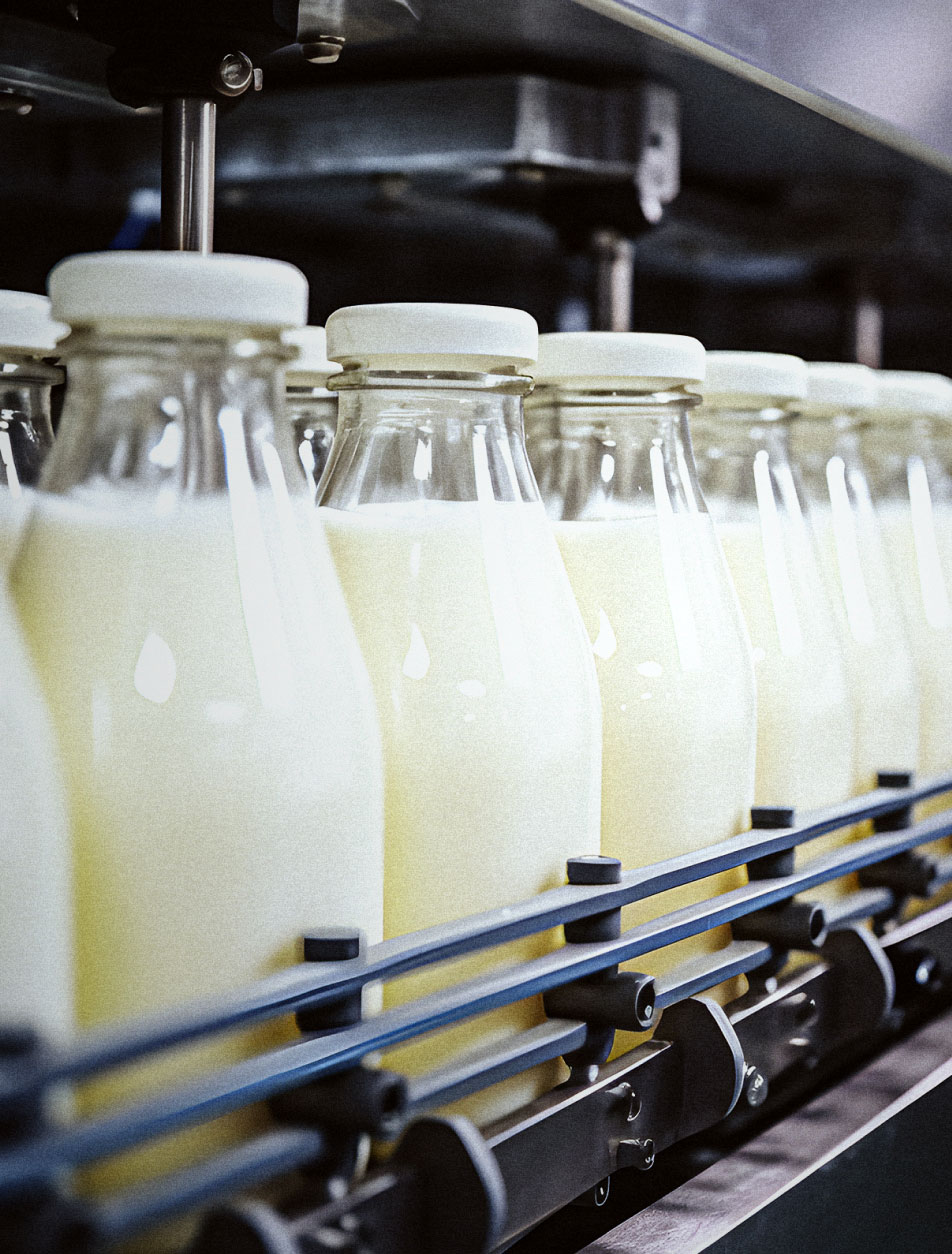
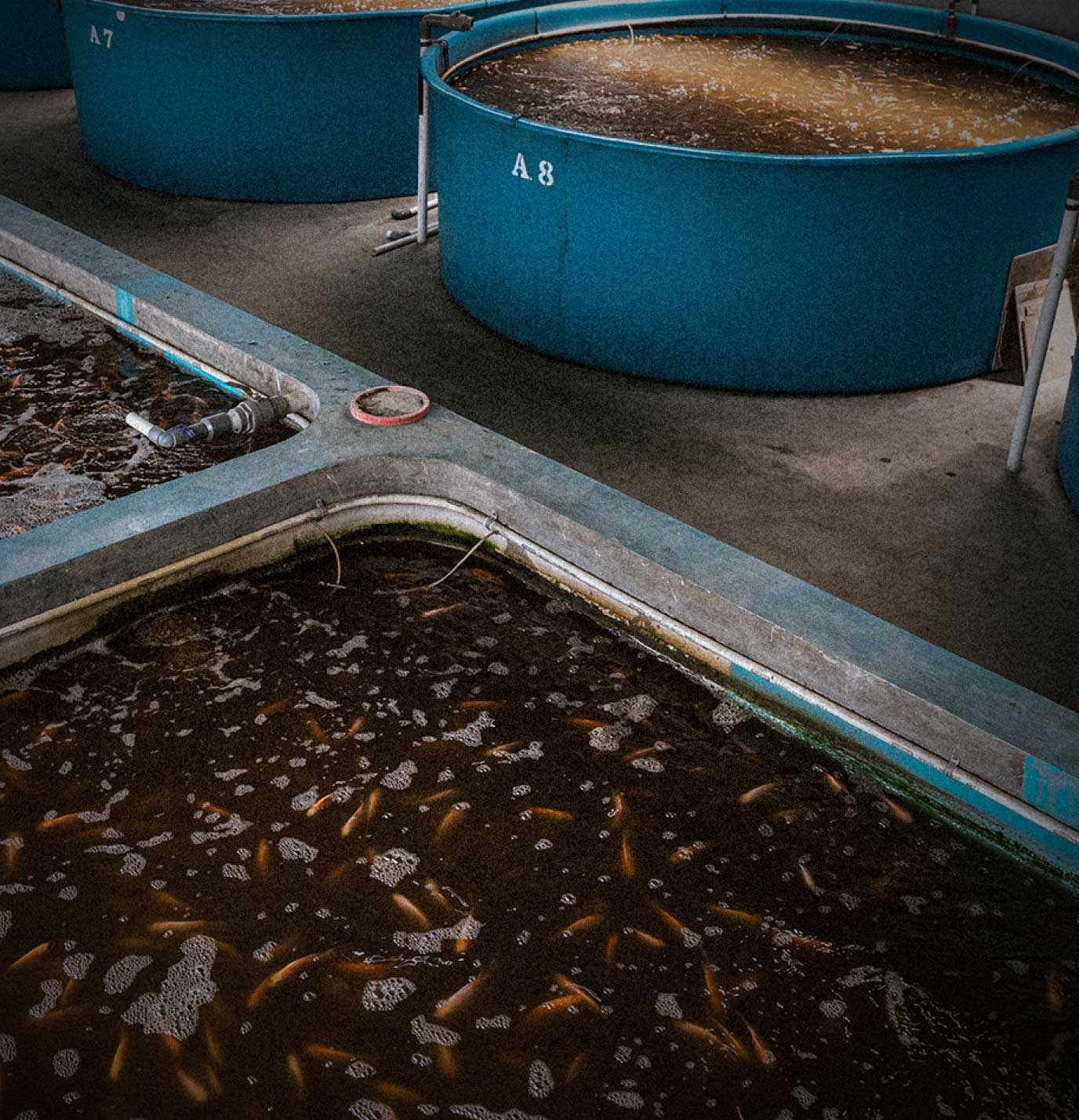
Fish and crustaceans in Espresso House’s supply chain can face a brutal existence.
At factory farm seafood facilities allowed in the company’s supply chain, animals can be packed into overcrowded, filthy waters where fish’s bodies can become riddled with deformities and open sores from sea lice and other irritants.
Disease is allowed to run rampant, with a large percentage of animals suffering to death from disease before even making it to slaughter.
Wild-caught fish in Espresso House’s supply chain face similar cruelty. Espresso House has no public policy prohibiting cruel and environmentally devastating capture methods from being used.
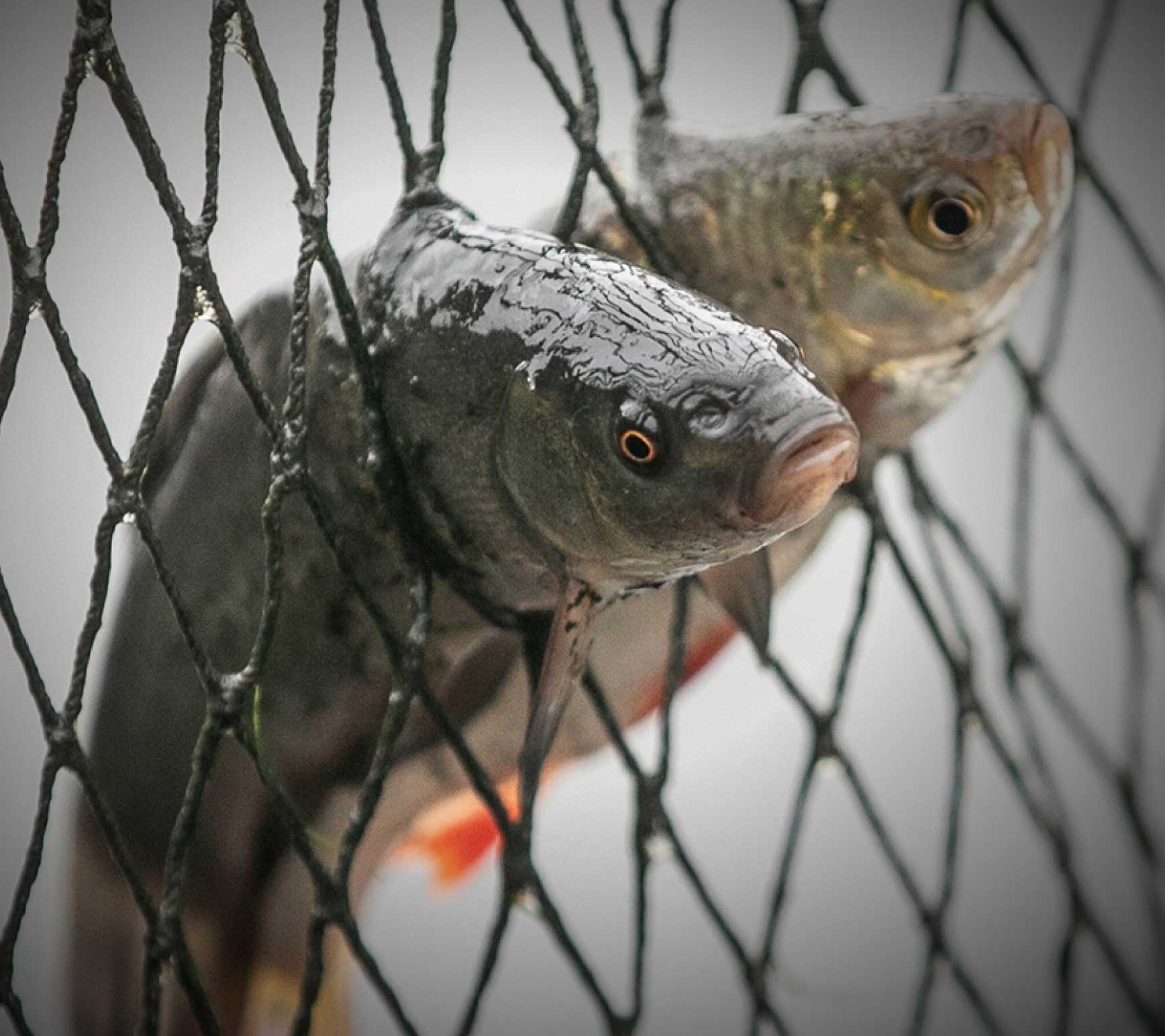
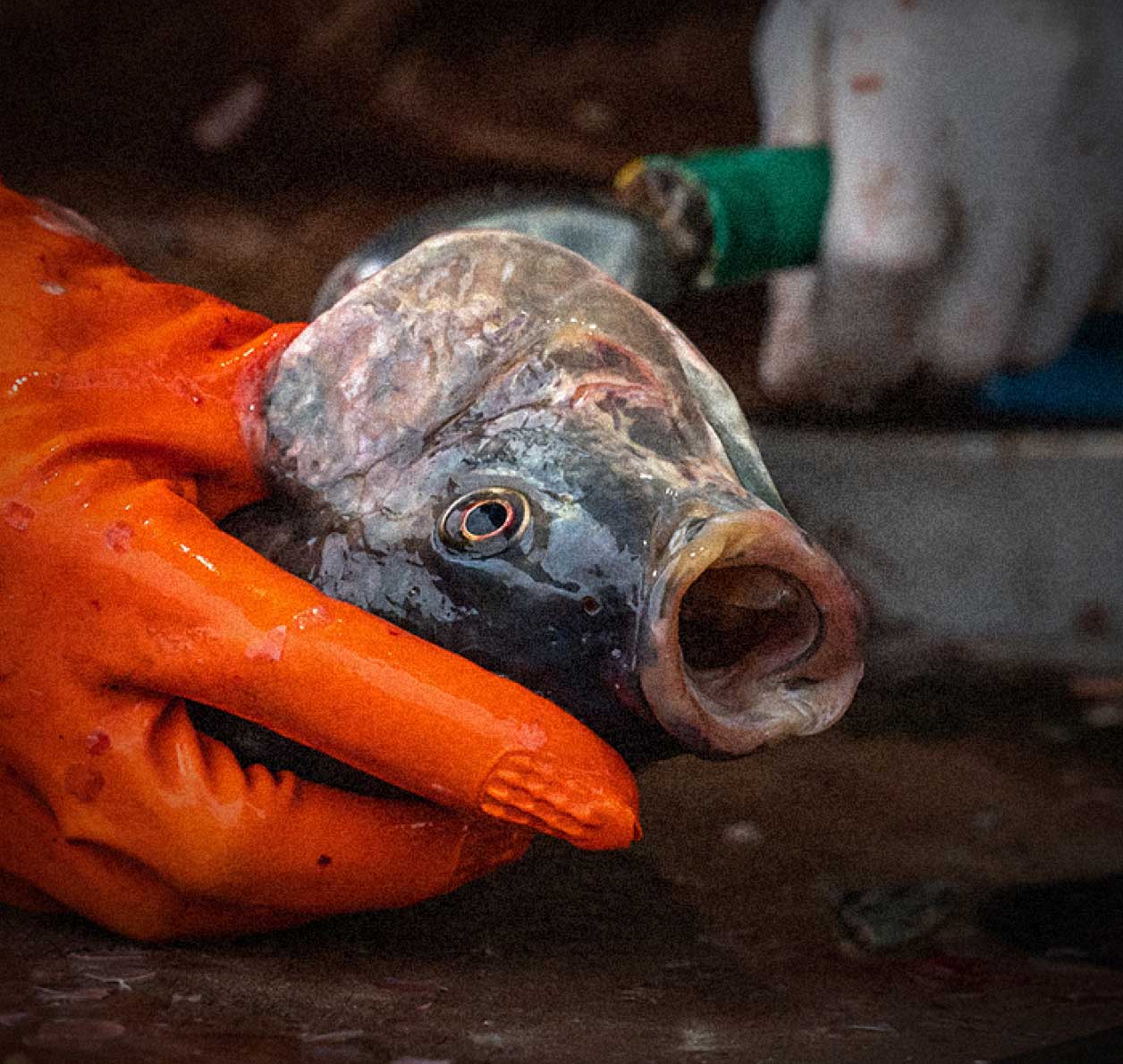
Methods such as trawling and longlining can kill large numbers of bycatch animals, damage local ecosystems, and lead to painful and prolonged suffering as animals linger for days jammed in nets or dangling on hooks.
The slaughter process is no less horrific. Espresso House allows its seafood suppliers to kill animals in the most brutal ways possible, including cutting them open while alive and fully conscious, cooking them while alive and fully conscious, slowly asphyxiating them, or beating them to death.
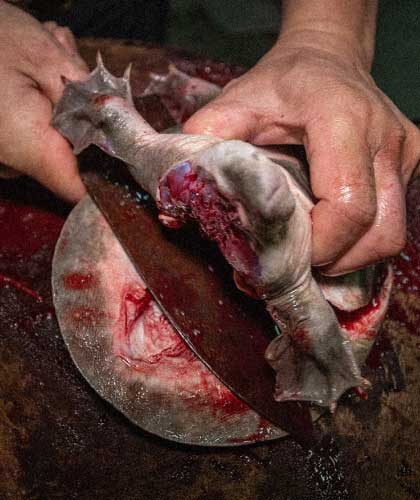
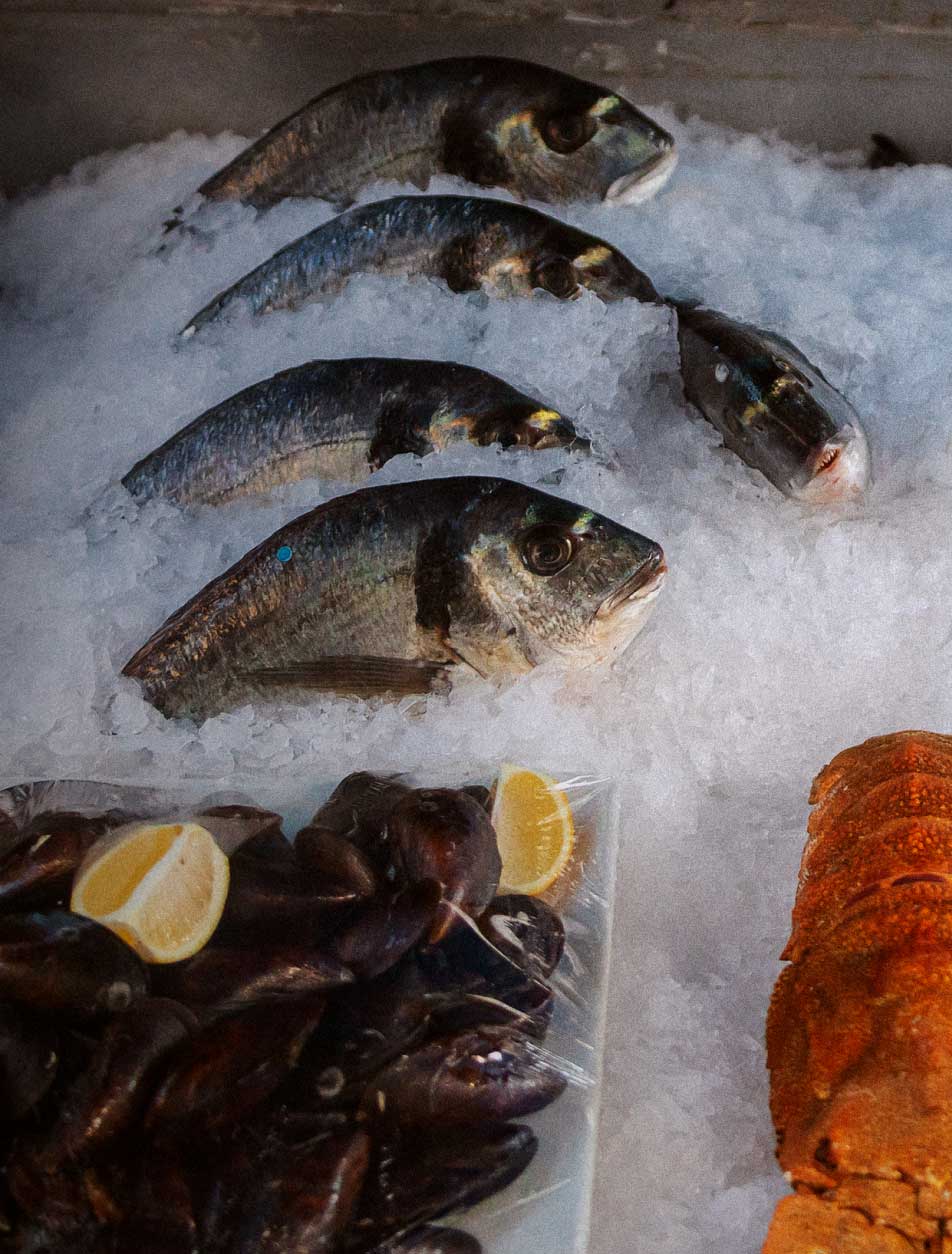
Espresso House has the power and responsibility to stop permitting these extreme cruelties in its supply chain. The public expects better, and animals deserve to live free from this egregious and unnecessary suffering.
It’s time for Espresso House to do what many other leading food companies have already done and put policies in place that ensure the Five Freedoms for animals in its supply chain.

